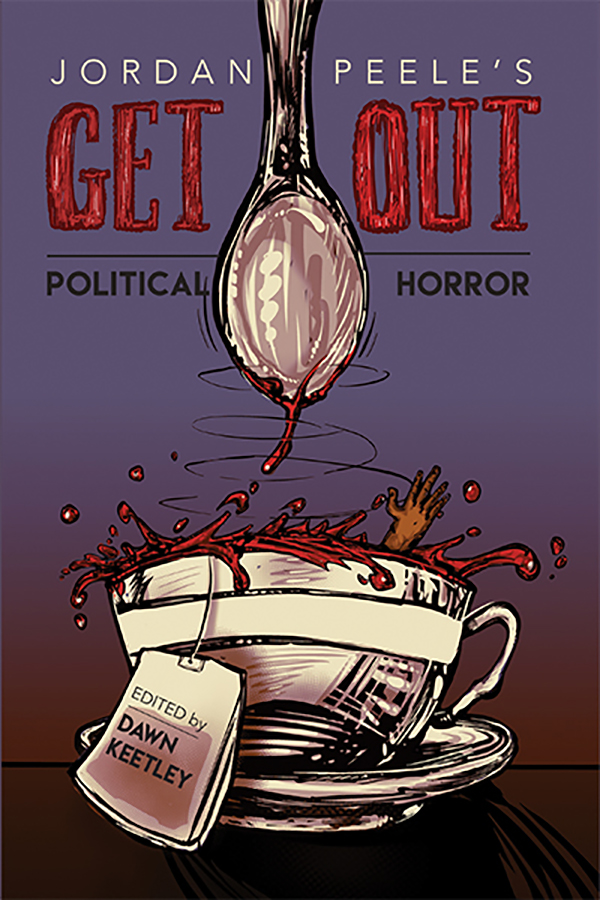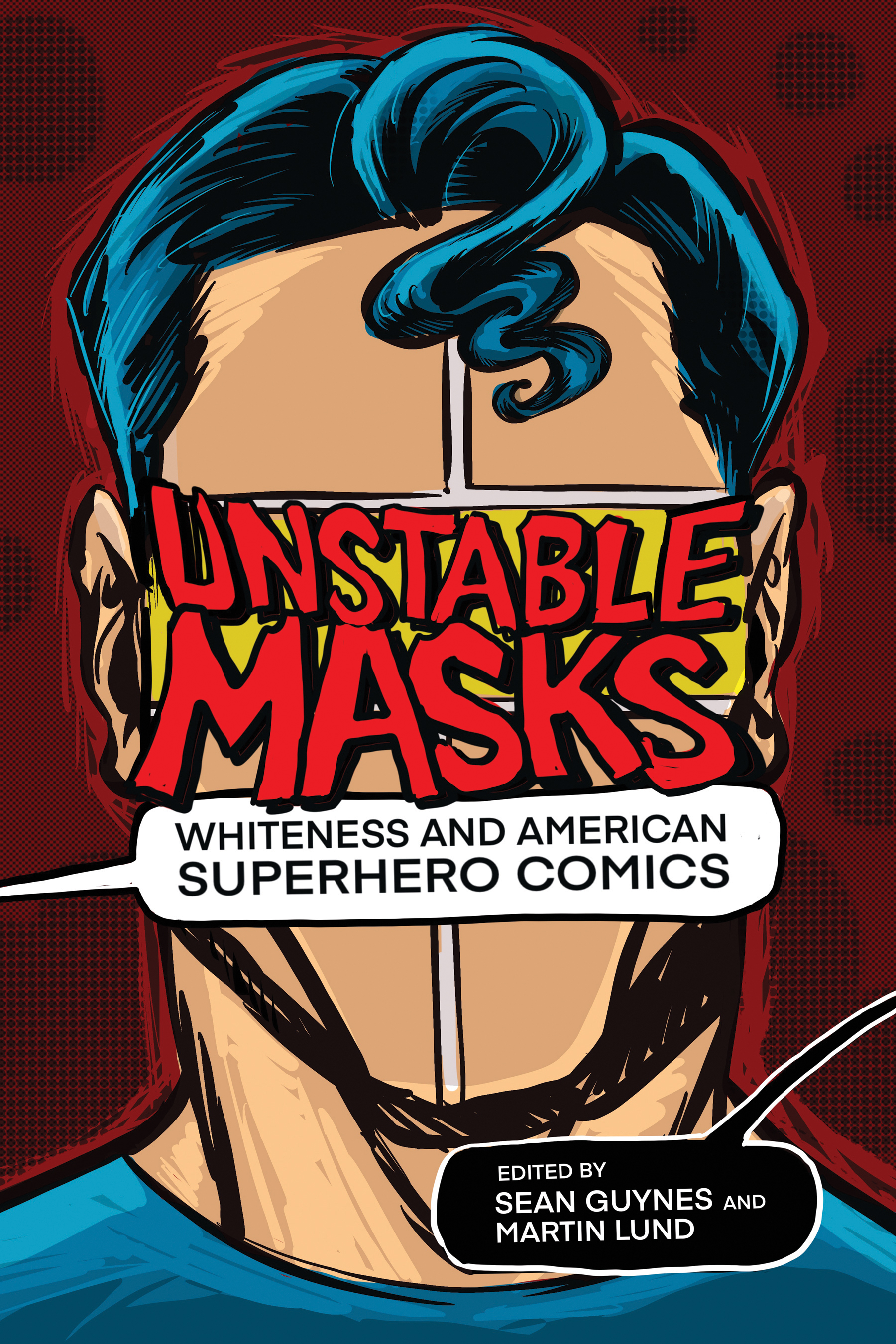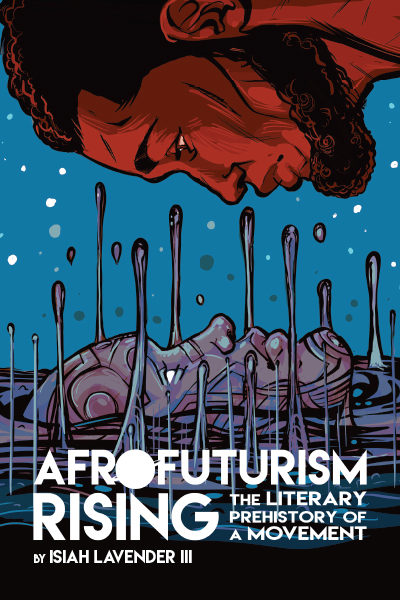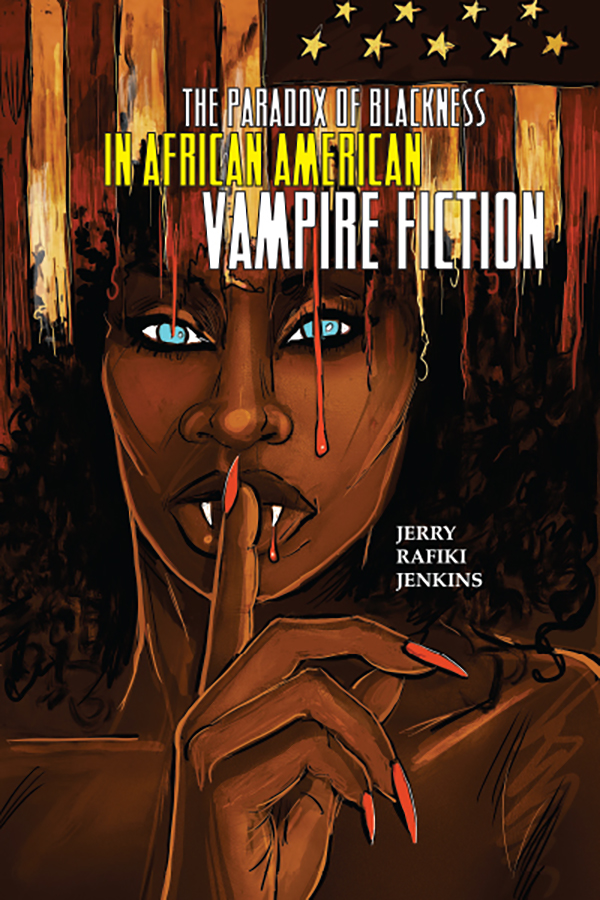“Taken together, the essays in this collection, in their distinct illumination of the film’s generic interventions and political revelations, provide a must-read for scholars and students of American studies, film and media studies, cultural studies, as well as general fans of the film and horror more broadly.” —Harriet Stilley, Revenant Journal
“Dawn Keetley’s edited volume Jordan Peele’s Get Out: Political Horror is the best advertisement for the blockbuster debut film. The book provides viewers with a manual to investigate all of the film’s nuances, not only the overt but especially the hidden meanings elucidated throughout the sixteen essays. ... This book is an excellent text for graduate level film studies students.” Rebecca Hankins, SFRA Review
“The book provides a comprehensive analysis and a framework for understanding Get Out. Just when I thought, ‘Okay, we’ve now seen every way we could approach this film,’ the next essay would reframe it in a new way that made me think and then rethink.” —Kevin J. Wetmore Jr.
“I find many of the chapters highly enlightening and compelling. They offer insight into the film as well as American sociopolitical culture in general.” —Maisha Wester
Jordan Peele’s Get Out: Political Horror is a collection of sixteen essays devoted to exploring Get Out’s roots in the horror tradition and its complex and timely commentary on twenty-first-century US race relations. The first section, “The Politics of Horror,” traces the influence of the gothic and horror tradition on Peele’s film, from Shakespeare’s Othello, through the female gothic and Ira Levin’s Rosemary’s Baby and The Stepford Wives, to the modern horror film, including the zombie, rural, suburban, and body-swap subgenres of horror. The second section, “The Horror of Politics,” takes up Get Out’s varied political interventions—notably its portrayal of the continuation of slavery and the deformation of the black body and mind in white, so-called progressive America. Contributors address Peele’s film alongside African American figures such as Nat Turner, W. E. B. Du Bois, and James Baldwin. Taken together, the essays illuminate how Get Out stands as both a groundbreaking intervention in the horror tradition as well as a devastating unmasking of racism in the contemporary United States.
Dawn Keetley is Professor of English at Lehigh University. She is the author of Making a Monster: Jesse Pomeroy, the Boy Murderer of 1870s Boston and co-editor of Plant Horror: Approaches to the Monstrous Vegetal in Fiction and Film.
Contents
Introduction Get Out: Political Horror
Dawn Keetley
The Politics of Horror
1 From Tragedy to Horror: Othello and Get Out
Jonathan Byron and Tony Perrello
2 Burning Down the House: Get Out and the Female Gothic
Linnie Blake
3 A Peaceful Place Denied: Horror Film’s “Whitopias”
Robin R. Means Coleman and Novotny Lawrence
4 Get Out and the Zombie Film
Erin Casey-Williams
5 Place, Space, and the Reconfiguration of “White Trash” Monstrosity
Bernice M. Murphy
6 The Body Horror of White Second Chances in John Frankenheimer’s Seconds and Jordan Peele’s Get Out
Robyn Citizen
7 Jordan Peele and Ira Levin Go to the Movies: The Black/Jewish Genealogy of Modern Horror’s Minority Vocabulary
Adam Lowenstein
8 Racism that Grins: African American Gothic Realism and Systemic Critique
Sarah Ilott
The Horror of Politics
9 Reviewing Get Out’s Reviews: What Critics Said and How Their Race Mattered
Todd K. Platts and David L. Brunsma
10 Specters of Slave Revolt
Sarah Juliet Lauro
11 Staying Woke in Sunken Places, or The Wages of Double Consciousness
Mikal J. Gaines
12 Holding onto Hulk Hogan: Contending with the Rape of the Black Male Psyche
Robert LaRue
13 The Horror of the Photographic Eye
Kyle Brett
14 The Fantasy of White Immortality and Black Male Corporeality in James Baldwin’s “Going to Meet the Man” and Get Out
Laura Thorp
15 Scientific Racism and the Politics of Looking
Cayla McNally
16 “Do You Belong in This Neighborhood?” Get Out’s Paratexts
Alex Svensson
Cast List
List of Contributors





